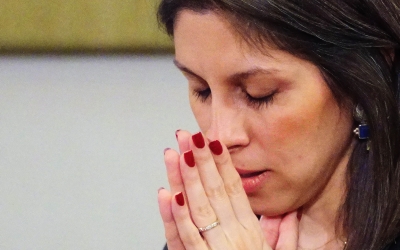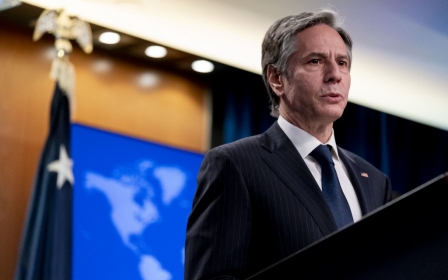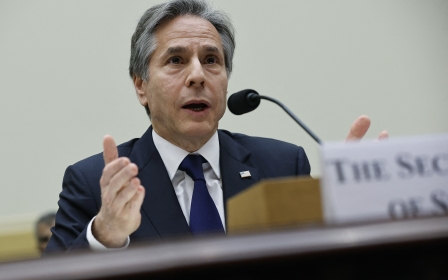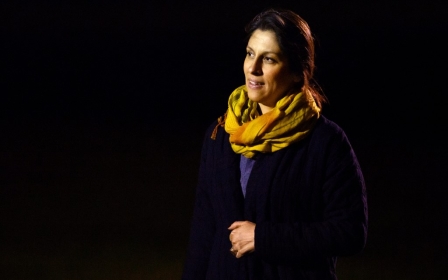Iran prisoners' families urge Biden to push for their release as nuclear deal fades
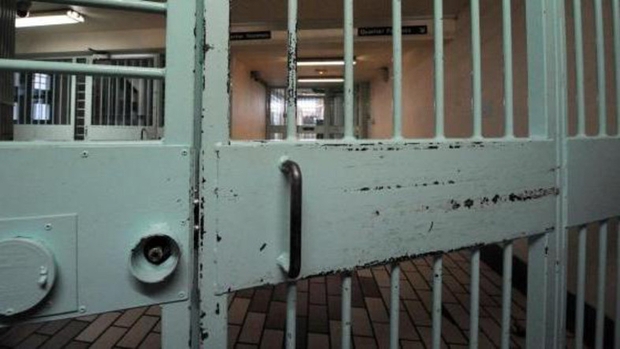
The families of four US citizens detained in Iran on espionage charges have asked President Joe Biden to secure their release, amid fears that stalled nuclear talks with Tehran may prolong their captivity.
"We implore you, Mr. President, to fulfill a priority you, your administration, and Congress have repeatedly stated of bringing home our American hostages still held in Iran," the family members wrote in letter sent to Biden on Tuesday.
The prisoners include Siamak Namazi, a business consultant who has been held for more than six years, and his 85-year-old father, Baquer, who was arrested in 2016 when he returned to Iran to visit his son. Business owner Emad Shargi has been held in Iran for four years, while Morad Tahbaz, a British-American environmentalist, was arrested in 2018.
Talks on securing their release have taken place in parallel to the nuclear negotiations in Vienna. While the issues are technically separate, Washington's special envoy for Iran, Robert Malley, has said a deal would be unlikely unless the US prisoners were freed.
When Washington agreed to the nuclear deal with Iran, four US prisoners were released in 2016. However, that move generated a backlash in Washington when it was revealed that Iranian officials in Geneva had been given $400m in cash as part of a $1.7bn settlement the Obama administration reached with Tehran to resolve a decades-old legal dispute.
Iran has long denied using prisoners as bargaining chips in the nuclear talks, which have stalled in recent months.
Efforts to revive the deal, from which the US unilaterally withdrew in 2018 under the Trump administration, have hit numerous roadblocks following Tehran's demand that Washington lift sanctions on the powerful Iranian Revolutionary Guards Force.
With the fate of the talks uncertain, Washington's allies have made a last-ditch attempt to salvage the deal. The emir of Qatar is set to arrive in Iran on Thursday, after Enrique Mora, the European Union's negotiations coordinator travelled to Iran on Wednesday for talks with the Islamic Republic's chief negotiator.
Shortly before Mora arrived, Iran arrested two French nationals in an ominous sign for the negotiations and fate of the American prisoners.
The French Foreign Ministry condemned the arrests as baseless, and the European Union expressed its concern about the "growing number of EU citizens" who have been arrested in Iran.
'Agony for them and us'
"As the Vienna negotiations remain in limbo, linking the fate of the hostages to the JCPOA could also result in prolonged and unnecessary agony for them and us, their loved ones," said the letter, which was reviewed by Middle East Eye.
The Wall Street Journal was first to report on the letter.
Many Republican lawmakers oppose a return to the deal, with a small but growing number of Democrats also expressing concerns over a return to the accord.
The prisoners' families said if the Iranian nuclear issue was a prerequisite to releasing their loved ones, the US should complete the deal. "To let the process fall apart when the sides are reportedly so close to a resolution would come at our families' expense and turn our detainees into collateral damage," their letter read.
The letter added that the only other option appeared to be decoupling the Vienna negotiations from the prisoners' case, and striking a separate compromise with Iran on a humanitarian basis.
"While we have been patient, it is past time for your administration and Congress to show bold resolve and deliver on your stated priority of bringing this horrific chapter for our families to an end."
In March, two British citizens imprisoned in Iran since 2016 were released after the British government confirmed it had paid a longstanding debt to Iran over a cancelled defence contract, as it appeared world powers were inching closer to renewing the Iran nuclear deal.
One of the prisoners, British-Iranian charity worker Nazanin Zaghari-Ratcliffe, criticised the British government upon her homecoming for the time it took to free her.
"What's happened now should have happened six years ago... I shouldn't have been in prison for six years," Zaghari-Ratcliffe said in March.
Middle East Eye propose une couverture et une analyse indépendantes et incomparables du Moyen-Orient, de l’Afrique du Nord et d’autres régions du monde. Pour en savoir plus sur la reprise de ce contenu et les frais qui s’appliquent, veuillez remplir ce formulaire [en anglais]. Pour en savoir plus sur MEE, cliquez ici [en anglais].


